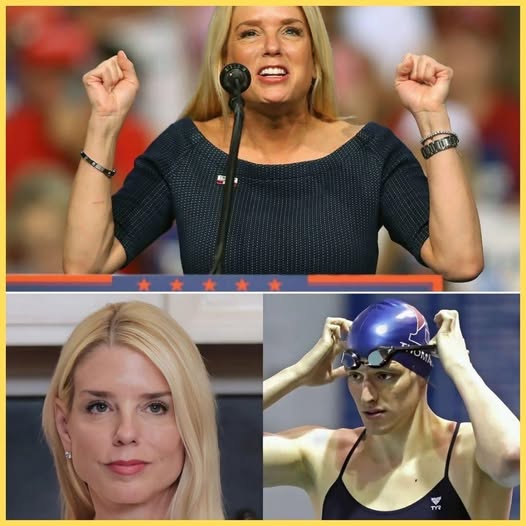
A recent court ruling has ignited a fierce national debate over fairness, inclusion, and eligibility in competitive sports. At the center of this landmark decision lies a legal challenge involving the participation of transgender athletes in women’s events—a topic that has stirred passionate opinions on all sides for years.
The court’s verdict effectively disqualifies a high-profile swimmer from Olympic contention. Supporters hail the ruling as a historic victory for women’s sports, arguing it upholds critical standards designed to preserve fair competition and equal opportunity. They point to biological differences between transgender athletes and those assigned female at birth as factors that can create competitive imbalances. For many advocates, this outcome represents a crucial step in protecting the integrity of gender-specific athletic categories.
Yet, the decision has sparked strong backlash from transgender advocates and allies, who condemn it as a major civil rights setback. They assert that the ruling fails to appreciate the complexities of gender identity and instead fuels exclusionary narratives—further marginalizing athletes already facing systemic hurdles.
The case has drawn intense attention, not just because of the individuals involved, but due to the far-reaching consequences it may have on sports governing bodies, eligibility guidelines, and international competition rules. What began as a single athlete’s fight now raises fundamental questions about how to balance fairness and inclusion in the evolving landscape of athletics.
Adding fuel to the fire are reports that the swimmer faces what some are calling “the harshest penalty in sports history” amid allegations of cheating. However, critics argue these claims overlook established rules governing gender categories and warn that branding the athlete dishonest risks causing unjust harm.
In the wake of the ruling, discussion continues to surge across media, with sports officials, legal experts, and athletes debating the future of competition. Though the verdict stands for now, it is poised to set a precedent shaping how sports address gender identity in the years ahead. One thing remains clear: navigating the intersection of gender and athletic performance is among the most complex and emotionally charged challenges in modern sports.